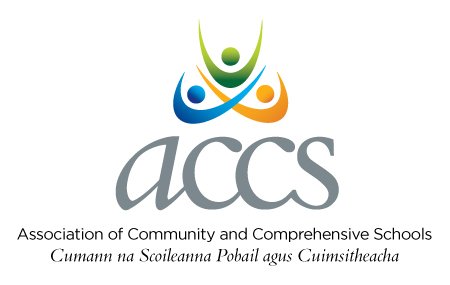The School Year
Last updated: 15th February 2023
Second level schools are required to be in operation for 178 days during the school year. This includes 12 days during which the state examinations are taking place. This implies an absolute requirement of 167 teaching days in the school year. A minimum of 28 hours of instruction per week is required. A school must be in operation for a minimum of three hours on any given day if the day is to count as a school day.
Standardised School Year
CL 05/2020 prescribes a Standardised School Year applicable to all Primary and Post Primary schools for the years 2021 to 2023. Included are detailed regulations regarding contingency arrangements in the event of unforeseen school closures
New Public Holiday
The previous requirement for a post-primary school to be open for a minimum of 167 days has been reduced to 166 days following the Government's decision that there will be a new permanent public holiday established from 2023 in celebration of Imbolc/St Brigid’s day. This will be the first Monday in every February, except where St. Brigid’s day, the 1st day of February, happens to fall on a Friday, in which case that Friday will be a public holiday. The first such public holiday was Monday 6 February 2023. This additional bank holiday will not impact on the standardised breaks set out in circular 0005/2020 (above).
For full details of the new public holiday see Circular 0008/2022
School summer holidays
School Summer Holidays are not standardised so you should check the exact dates with your school. Post-primary schools must be open for at least 166 days and primary schools must be open for at least 182 days in the school year. Schools may use discretionary days to decide the exact start and end of the school year. Schools will normally reopen during the week in which 1 September falls. However, they may open in the week before this, in order to meet the overall requirement of at least 166 days at post-primary level or 182 days at primary level.
The standard breaks at Christmas, Easter and Mid-term in the first and second terms for the 2023/2024, 2024/2025 and 2025/2026 school years are available under Circular 0072/2022
Standardisation of the School Year in respect of Primary & Post-Primary Schools for the years 2023/24, 2024/25 and 2025/26
Guidance for schools in relation to making up for time lost due to unforeseen school closures is included at Appendix B of Circular 0072/2022 (above). This guidance sets out a structured approach to determining the measures to be put in place to make up for time lost. The guidance provides that subject to consensus at local level, any changes to normal practice that can be made to address the shortfalls should be put in place.
Professional Time
(See Circular 0059/2021 Section 4.3)
All full time teachers may be timetabled for 22 hours per week with part time teachers timetabled proportionally. The teaching hours of Assistant Principal Post holders may be reduced to 18 hours per week.
The provision of individual professional time for teachers reflects the commitment under the Framework for Junior Cycle 2015 to provide such support to allow teachers engage in professional collaborative activities to support teaching, learning and assessment. From September 2017, in all subject areas, full-time teachers involved in the delivery of Junior Cycle have been entitled to 22 hours of professional time, with a pro-rata entitlement for part-time teachers as set out in Appendix 2 of Circular 0059/2021. As set out above, this is subject to the full co-operation of a teacher with all elements of the Framework.
The deployment of all professional time is a matter for the management of the school acting in accordance with the terms of this Circular Letter. All time periods provided to support implementation of the Junior Cycle must be used for this purpose under the overall direction of the school’s management and the use of professional time may be subject to inspection in whole-school evaluation and other inspections.

